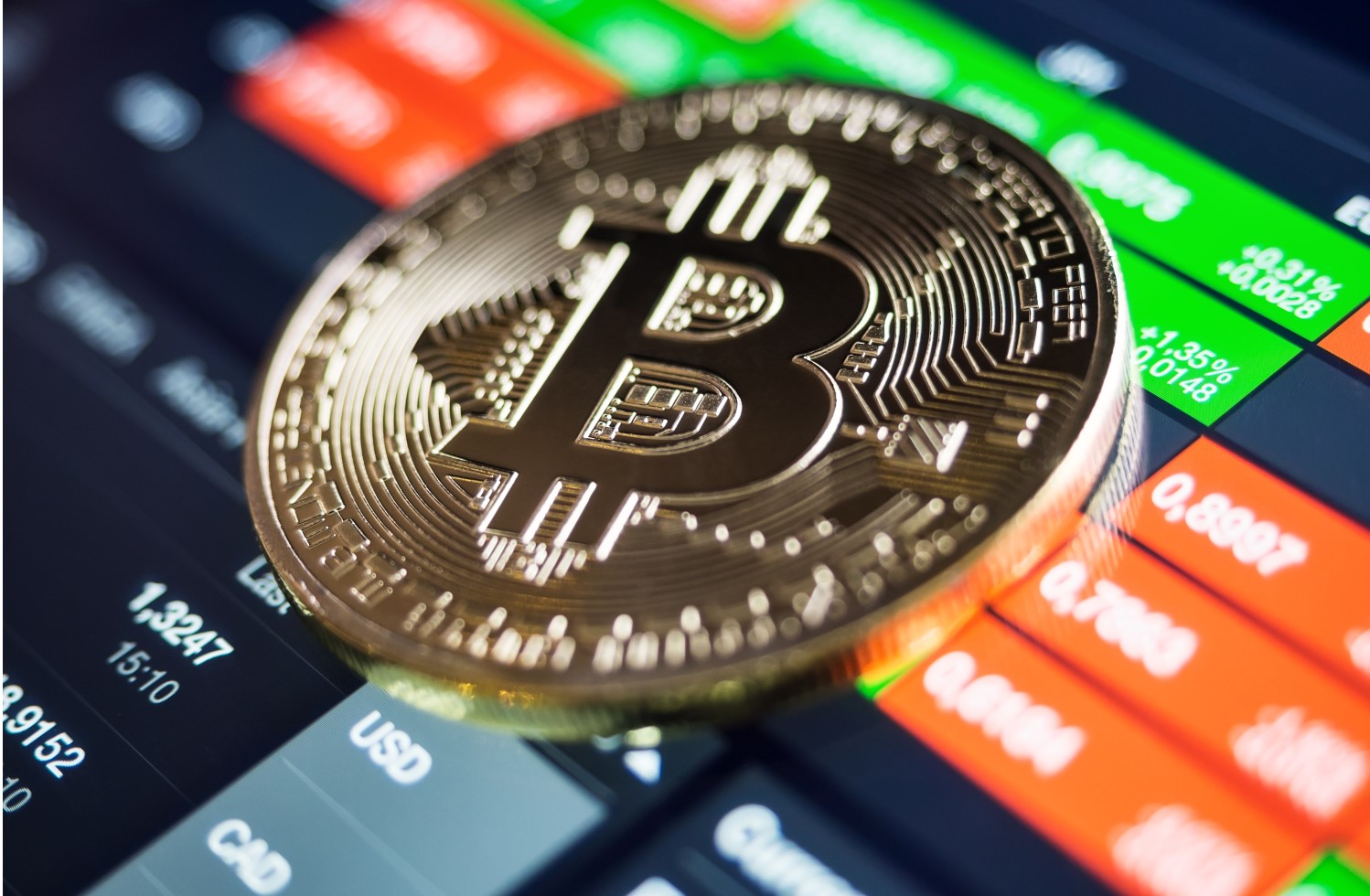Telegram Under Scrutiny in India, But Ban not Imminent: Reports
-
Telegram is under investigation in India but a ban is not imminent, multiple reports in India have said.
-
India’s Information Technology Ministry asked the Nation’s Home Ministry for an update into the Telegram investigation after CEO Pavel Durov was arrested in France.
Telegram, perhaps the most prominent messaging service used by the cryptocurrency ecosystem, is under scrutiny in India, but there is no immediate danger of a ban, multiple reports have indicated.
India’s cybercrime wing has been probing Telegram for misuse in criminal activities and the instant messaging service could be banned in the world’s largest democracy if the agency deems it so, Indian news outlet Moneycontrol reported, citing a government official.
A ban is not imminent and Telegram is compliant with India’s Information Technology (IT) rules, unnamed sources from the Ministry of Home Affairs told the nation’s Republic News. The sources also said that the investigation is focused on the potential misuse of Telegram in a major controversy, the exam paper leak scandal of the test for admissions to the nation’s undergraduate medical programs.
The Indian Cybercrime Coordination Centre falls under the Ministry of Home Affairs and is conducting the probe in coordination with the Ministry of electronics and information technology (MeitY).
News agency PTI reported that MeitY asked the Home Ministry for an update on where things stand in the Indian context and if there are any violations in India after Telegram CEO Pavel Durov was arrested in France over the weekend.
India has previously banned TikTok, along with 58 other Chinese apps, after deadly conflict on the border with China. However, a court case by the Indian government against WhatsApp and its parent firm, Meta hit a roadblock. “As a platform, we are saying, if we are told to break encryption, then WhatsApp goes,” the platform’s advocate told an Indian court.
“Locally, a Telegram ban will have a lasting negative impact on the business development and marketing of the more than 300 solid web3 projects from India,” said Ayush Ranjan, CEO of Huddle01, a DePIN dedicated to making real-time communication performant. “Millions of Indians are active members…disrupting this communication would also impact the price formation of projects’ tokens. If the ban goes through, people will have to move to other app.”
India has also blocked foreign crypto exchanges in the past, even if it wasn’t entirely clear how many Indians used VPNs or Virtual Private Networks to continue accessing the platforms. The nation overturned the ban for at least some of those exchanges after they were licensed.
The Indian Cybercrime Coordination Centre and Telegram did not immediately respond to a CoinDesk’s request for comment.
Edited by Parikshit Mishra.









